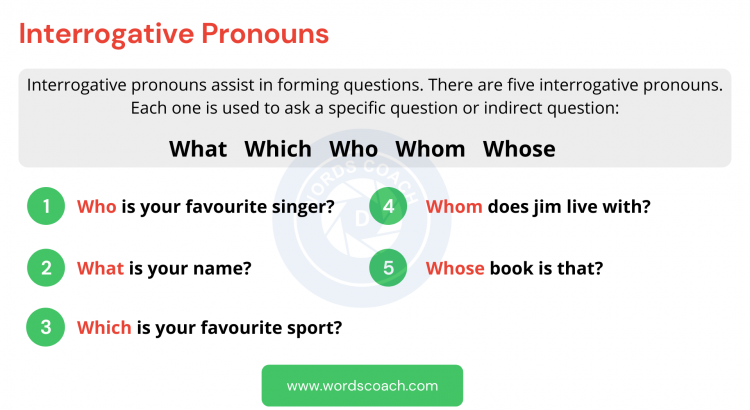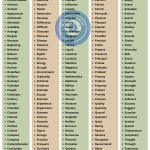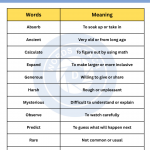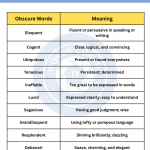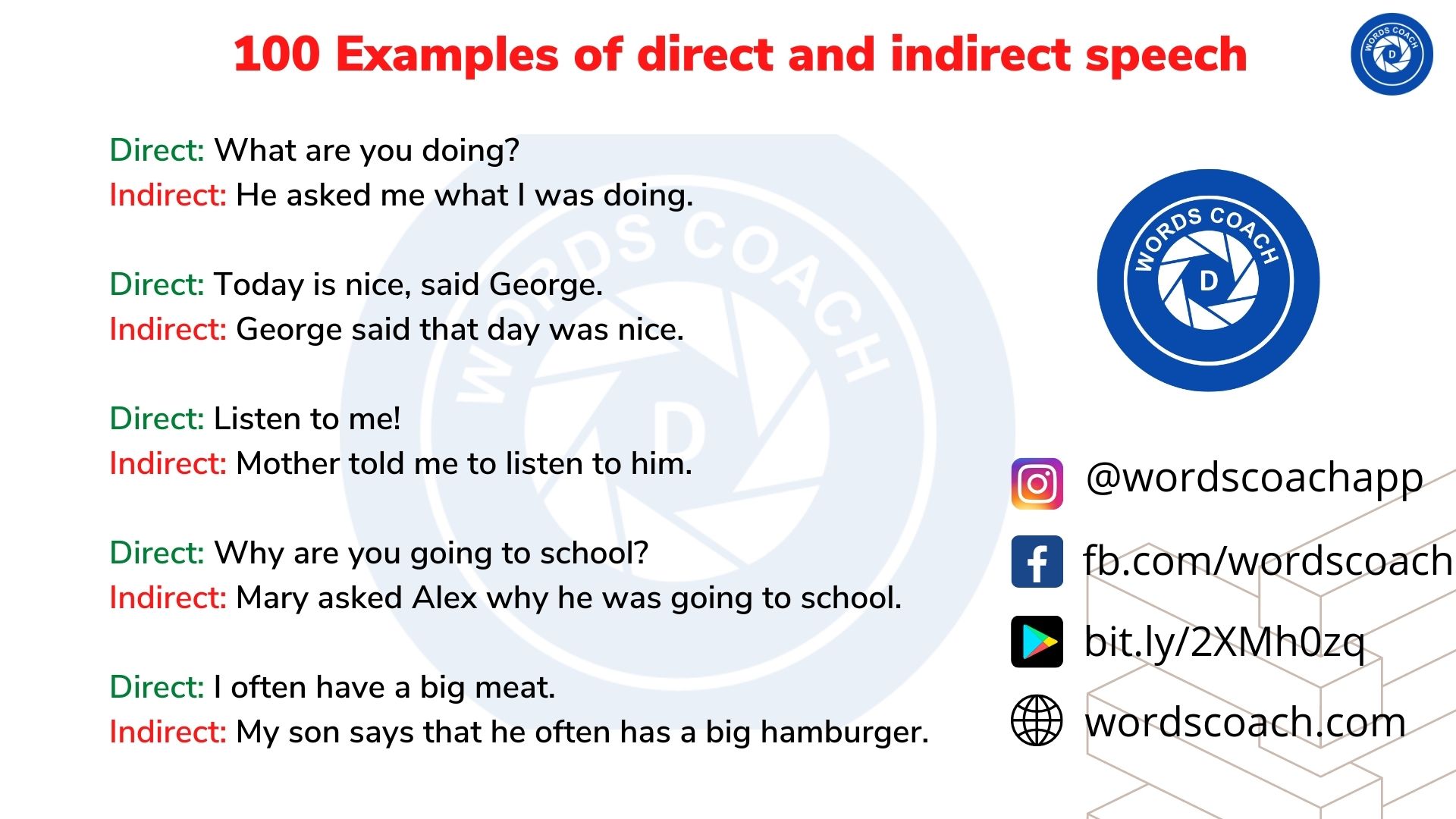An interrogative word or question word is a function word used to ask a question, such as what, which, when, where, who, whom, whose, why, whether, and how. They are sometimes called wh-words because in English most of them start with wh-. They may be used in both direct questions and in indirect questions.
The five interrogative pronouns are what, which, who, whom, and whose. What – Used to ask questions about people or objects.
Examples:
– Who is calling?
– What do you want for dinner?
What Are Interrogative Pronouns?
Interrogative pronouns are used in interrogative sentences to ask questions.
There are five primary interrogative pronouns:
- who (subject pronoun that asks about a person)
- what (subject or object pronoun that asks about a thing)
- which (subject or object pronoun that asks about a person or thing)
- whom (object pronoun that asks about a person)
- whose (a possessive pronoun that asks about a person)
Each one is used to ask a specific question or indirect question.
Note: We sometimes use the suffix “-ever” or “-soever” to make compounds from some of these pronouns ( whoever, whatever, whichever, whatsoever, whichsoever ). When we add “-ever”, we use it for emphasis, often to show confusion or surprise.
Who
Who is used to ask questions about people.
Example:
- Who is calling?
- Who are you?
- Who is she married to?
- Who wants chocolates?
- Who knows her?
What
We use what to ask questions about people or things (objects).
Example:
- What is your name?
- What is that?
- What do you want?
- What did you do when the electricity failed?
Which
Which is Used to ask questions about people or things. When a choice between two or more options is given or a number of items or responses is expected.
Example:
- Which color do you prefer – red or blue?
- Which came first?
- Which is yours?
- Which is better?
- Which is your address?
- Which one is your sister?
Whom
Whom is used when we refer to the object or a verb or preposition.
Example:
- Whom did you give the book to?
- Whom did you tell?
- You went with whom.
- Whom did you invite?
- Ask the receptionist whom to contact.
Whose
Whose is used to ask questions about people and things (shows possession).
Example:
- Whose is this?
- Do you know whose number I should call?
- Whose did you find?
- Whose one shall we take?
Interrogative pronouns + suffix ‘-ever’ or ‘-soever’
Interrogative pronouns sometimes take the suffix –ever or –soever. (Whatever, Whatsoever, Whichever, Whoever, Whosoever, Whomever, Whomsoever, Whosever)
Example:
- Whoever would want to do such a nasty thing?
- Whatever did you say?
- Whosever is this?
- Whomsoever did you find?
- They’re all fantastic! Whichever will you choose?
